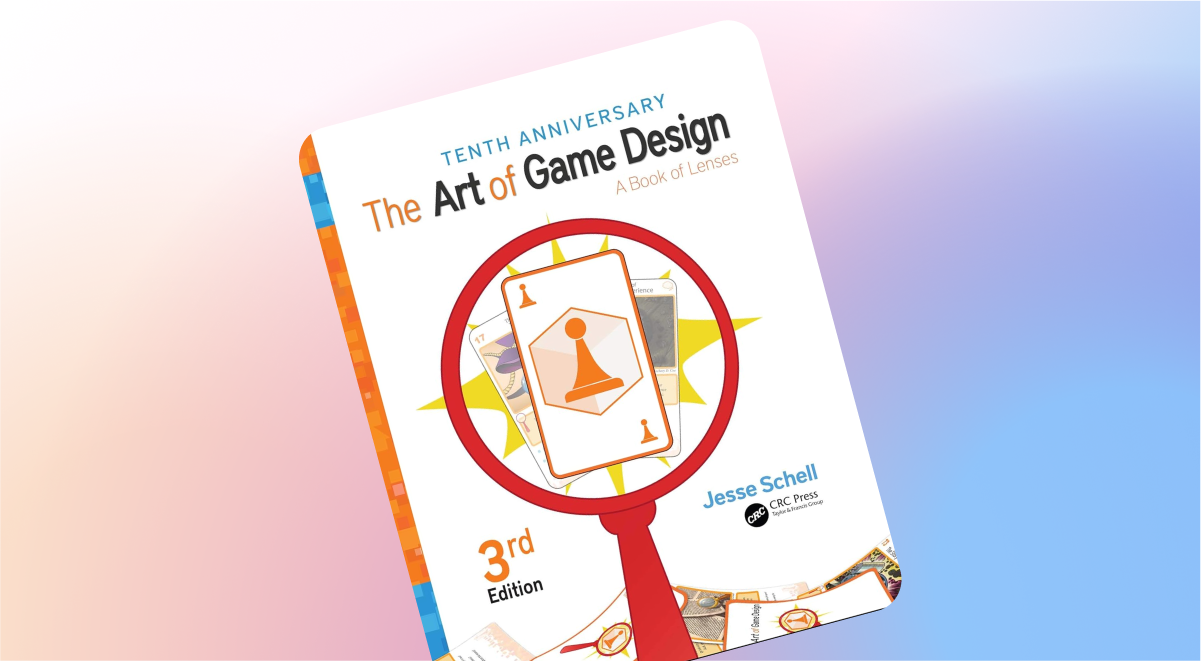
The book publishing industry has always focused on providing readers with an escape to other worlds. Perhaps interestingly, the same mission pursued by online game developers is aimed to be used to evoke emotions, create exciting universes, and connect users. However, online gaming has an edge when it comes to combining immersive storytelling with dynamic social interaction and monetization strategies. Can the adaptation of some of the strategies from gaming revolutionize the publishing industry?
Emotion, Immersion, and Interactivity: Common Objectives
In their essence, both books and online games are gateways to new realities. They let the players realize and live imaginary lives. Then, whereas a book only provides single-player immersion, online games introduce the social aspect into this scenario. Online games like Football Superstars by Cybersportsworld let players experience the life of virtual athletes: they join other players to chase the realization of their competitive goals. Freemium games are ones that allow free entry but make money by charging for experiences purchased as premium add-ons, such as branded in-game accessories. Such tactics show scalable, interactive ways to keep users engaged and generate revenue.
In contrast, book publishers rely mostly on up-front purchases. Might gamified features or even interactive upgrades breathe life into books? Add optional multimedia elements to stories for enhanced enjoyment or subscription-based add-ons that create an enhanced storytelling experience.
Social Connection: A Monetization Strategy
The makers of Playfish have developed the art of tying relationships with games. Their games are not just about winning; they are about eliciting emotions that reflect happiness, jealousy, and friendship. The emotional bonds are further strengthened by in-game purchases that may take the form of virtual gifts or mechanisms that foster cooperation. Although the majority of players opt for this free version, this strategy has been incredibly profitable for them.
Books can adopt this pattern by integrating social aspects. For example, publishers could launch apps where readers comment on chapters in real-time, receive rewards for reviewing books, or unlock bonus content by collaborating with friends. A platform like canalstock.es will develop such innovations and provide an ideal space for the assimilation of books with social interaction, hence leading to a connected reading community.
Safe Learning and Growth Spaces
Moshi Monsters is a brilliant example of how the subscription model can be safely and engagingly given as a virtual playground for niche subjects, more specifically, children. The game feeds monsters and solves puzzles based on the individual's progress using virtual rewards.
Just imagine a website wherein children tend to accrue points for doing certain book-based activities. They unlock the next story or character with an increment in points. Such an approach, while encouraging long-term engagement, is also educational. Even canalstock.es, which has a pretty rich and varied selection, could blend storytelling with interactivity using these ideas.
Power of Analytics and Adaptive Storytelling
Online gaming strengths lie in real-time analytics. It is now possible for developers to observe user behavior concerning experience and upgrades so that it is brought to the right time for the players. The responsive approach makes sure that the content remains relevant and exciting.
The same could be done by publishers of books after a user interacts with digital content. An examination of these data would provide the best plot lines, preferred genres, or points in the book at which readers often disengage. With these facts, publishers can offer adaptive stories that change according to reader choices, an agency very much like gaming.
New Options for Books in Gaming Culture
Suppose reading was shared across the globe as multiplayer gaming is. Imagine a virtual library where people get rewards for narrating chapters to others or role-playing as characters in a novel's universe. Fans' knowledge of an author or genre could be tested through a competitive trivia game, where winnings include access to unreleased works.
Think of multiplayer games set in the London of Dickens or a dystopian science fiction world. Users could play one of these roles: author, reader, or librarian, swapping knowledge and stories in a very rich virtual community. These developments could make reading more enjoyable and provide publishers with additional sources of revenue.
A Future Where the Books and Games Merge
So, embracing the fun, interactive nature of online gaming can redefine the book-reading habit. Even canalstock, a mere digital space, represents how it can serve diverse interests, from games to teller mediums like novel writing. Indeed, their new trends present possibilities for traditional entertainment forms to blend into cutting-edge technology seamlessly.
Lessons from online gaming may foreshadow exciting opportunities for the publishing industry as the change in the nature of book publishing continues: from gamification and social connection to adaptive storytelling, the future of books may lie in the innovative, immersive strategies game developers have pioneered.
Genre: GAMES / Board